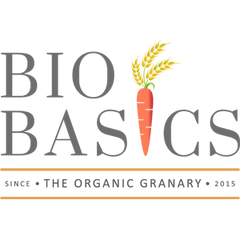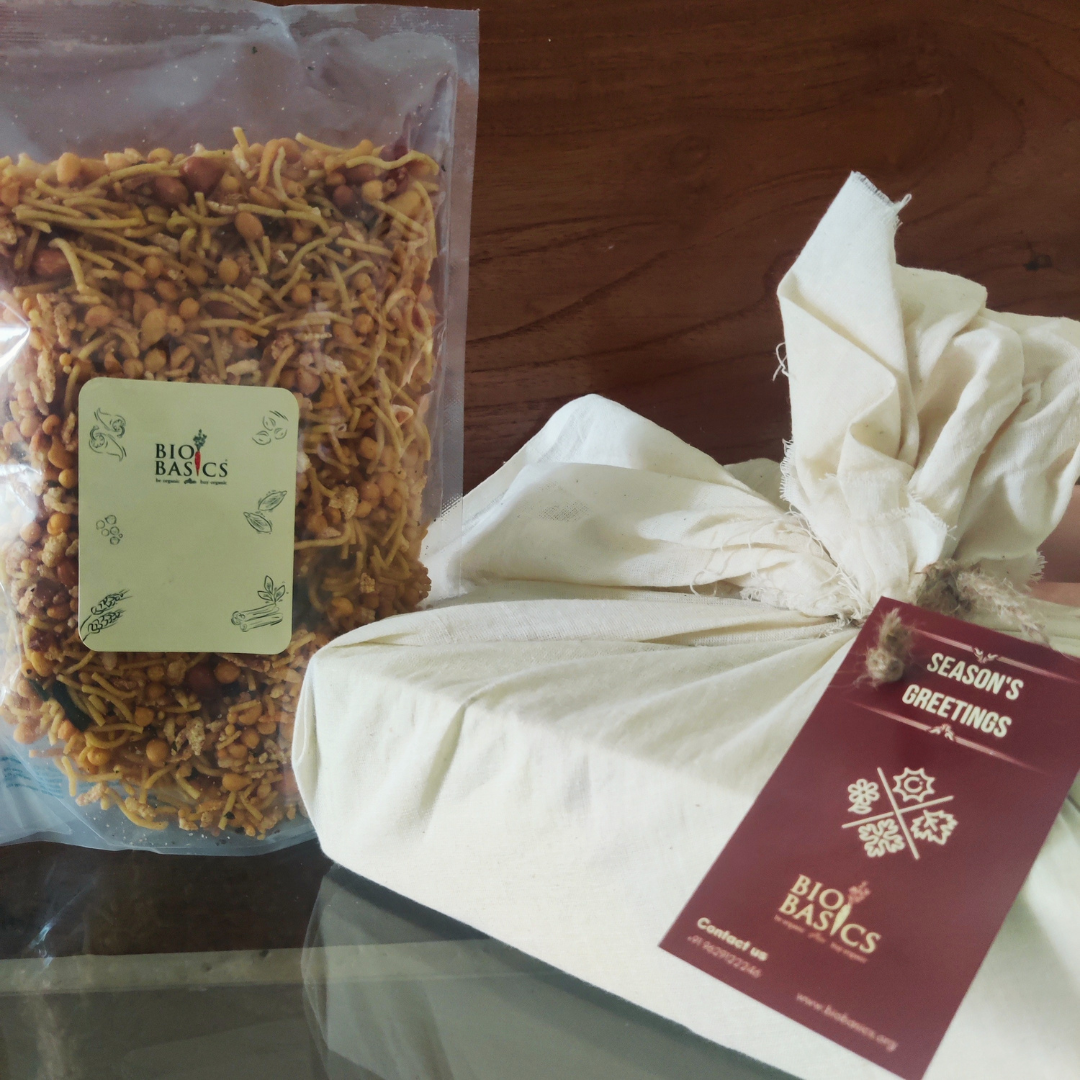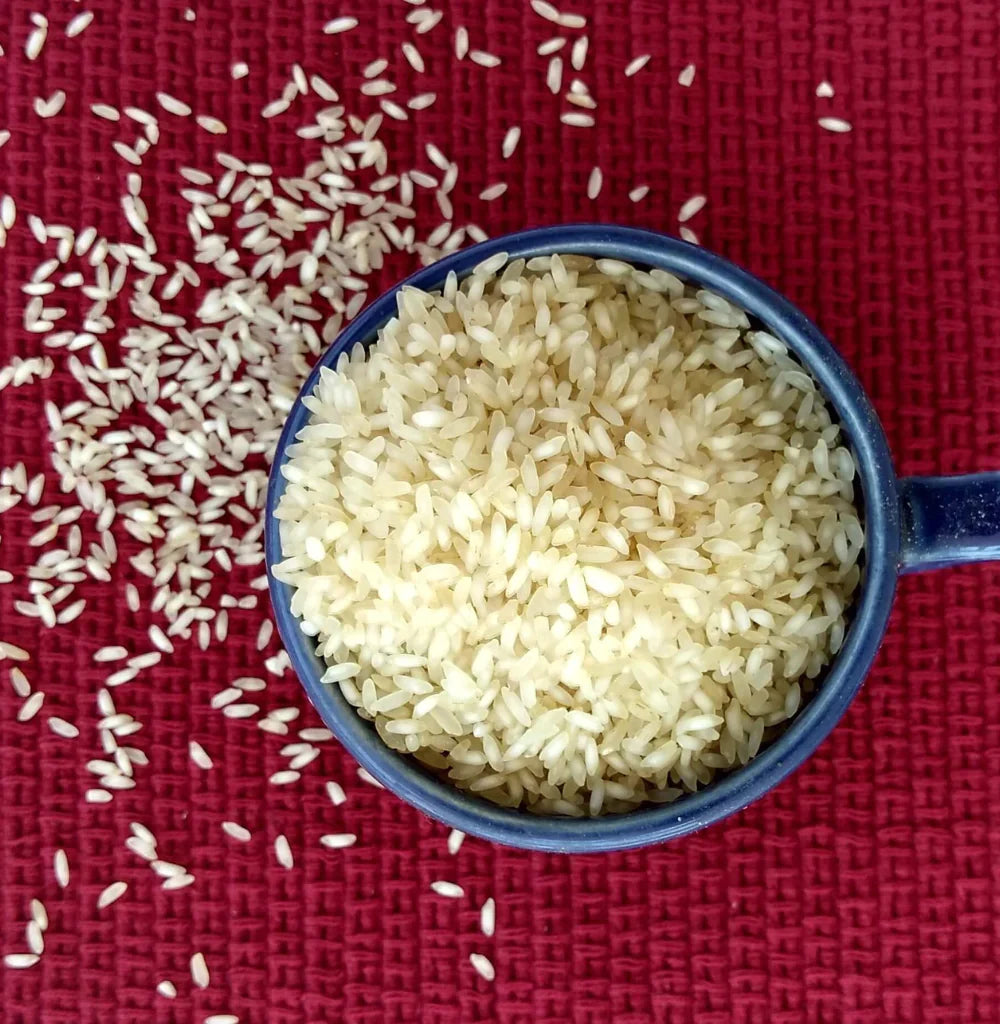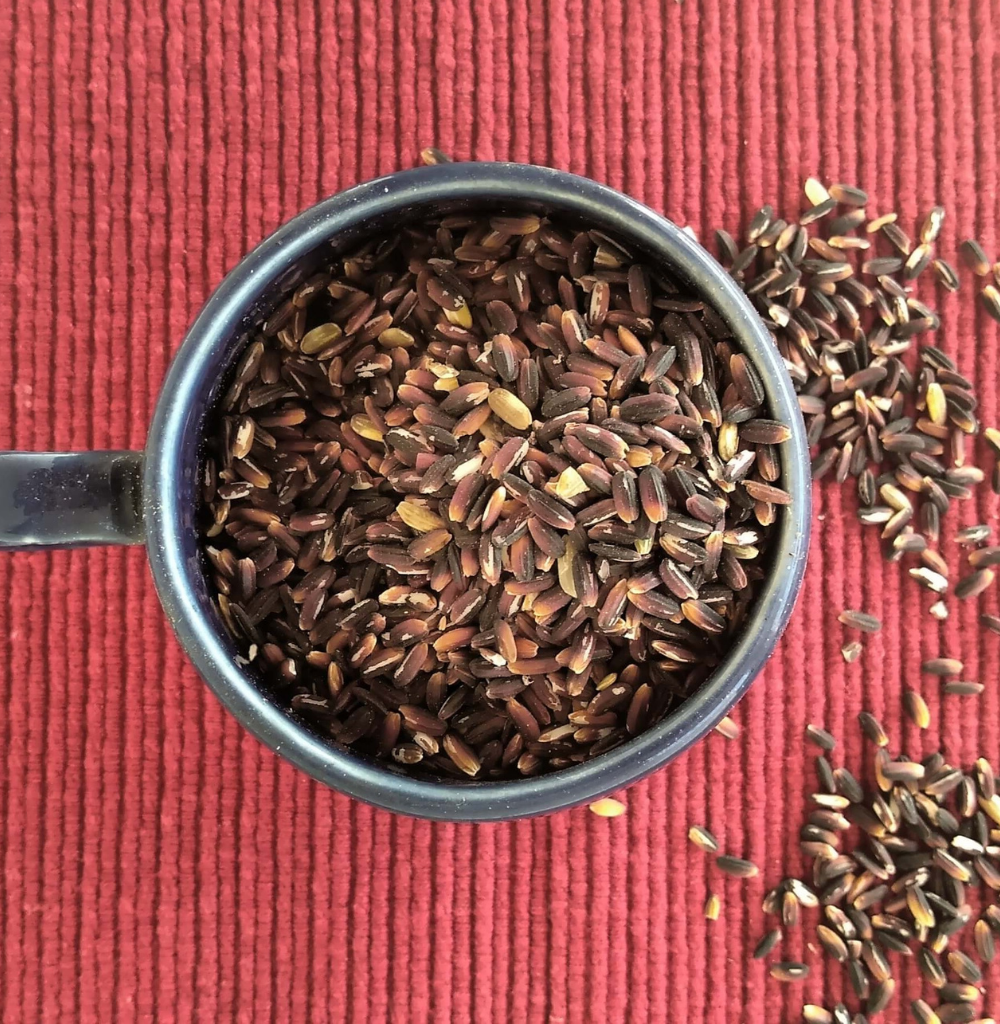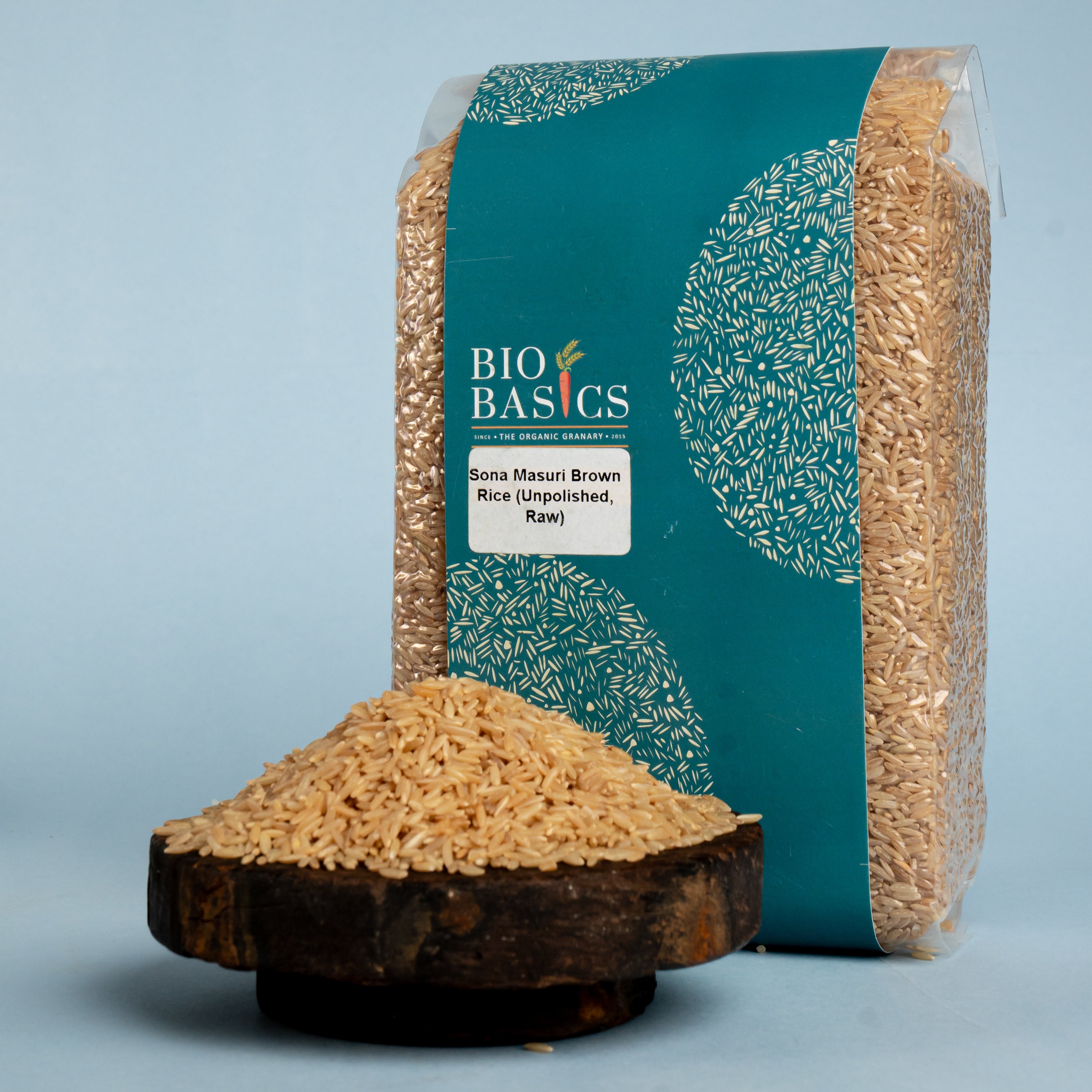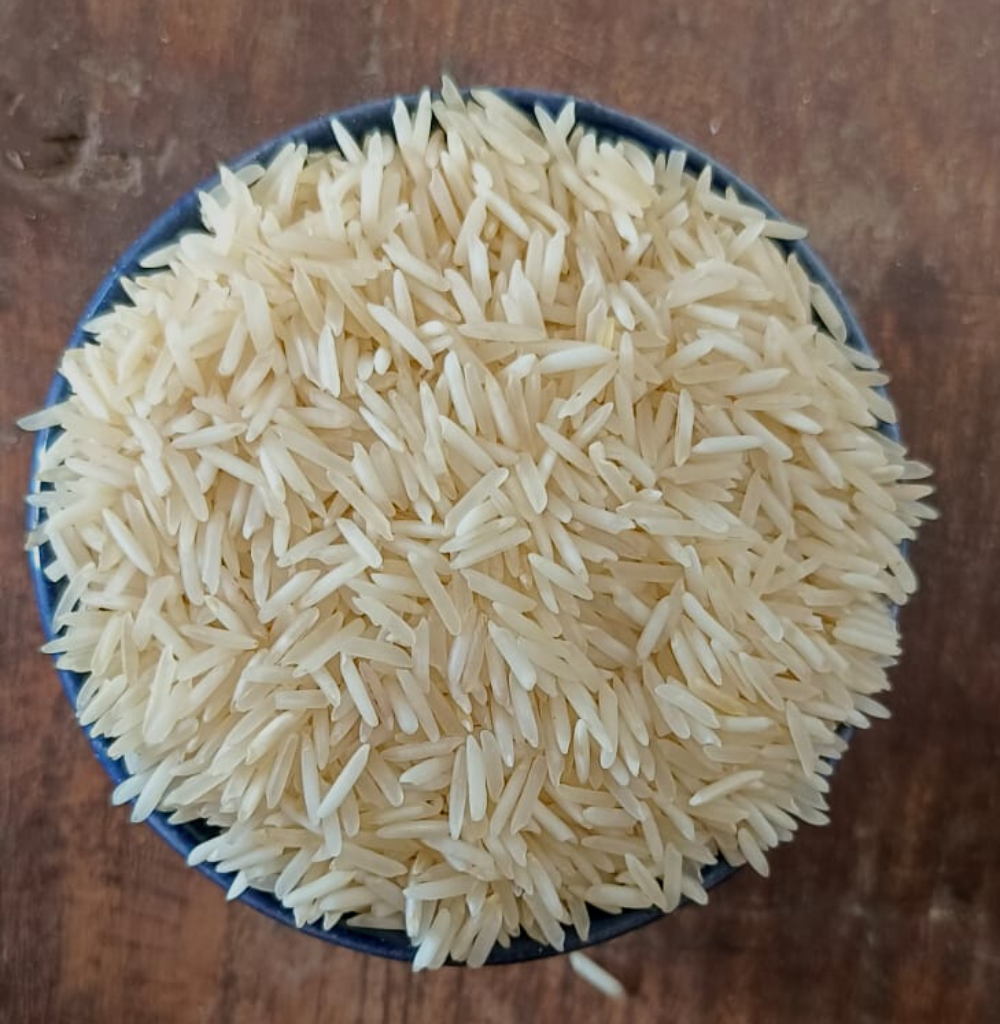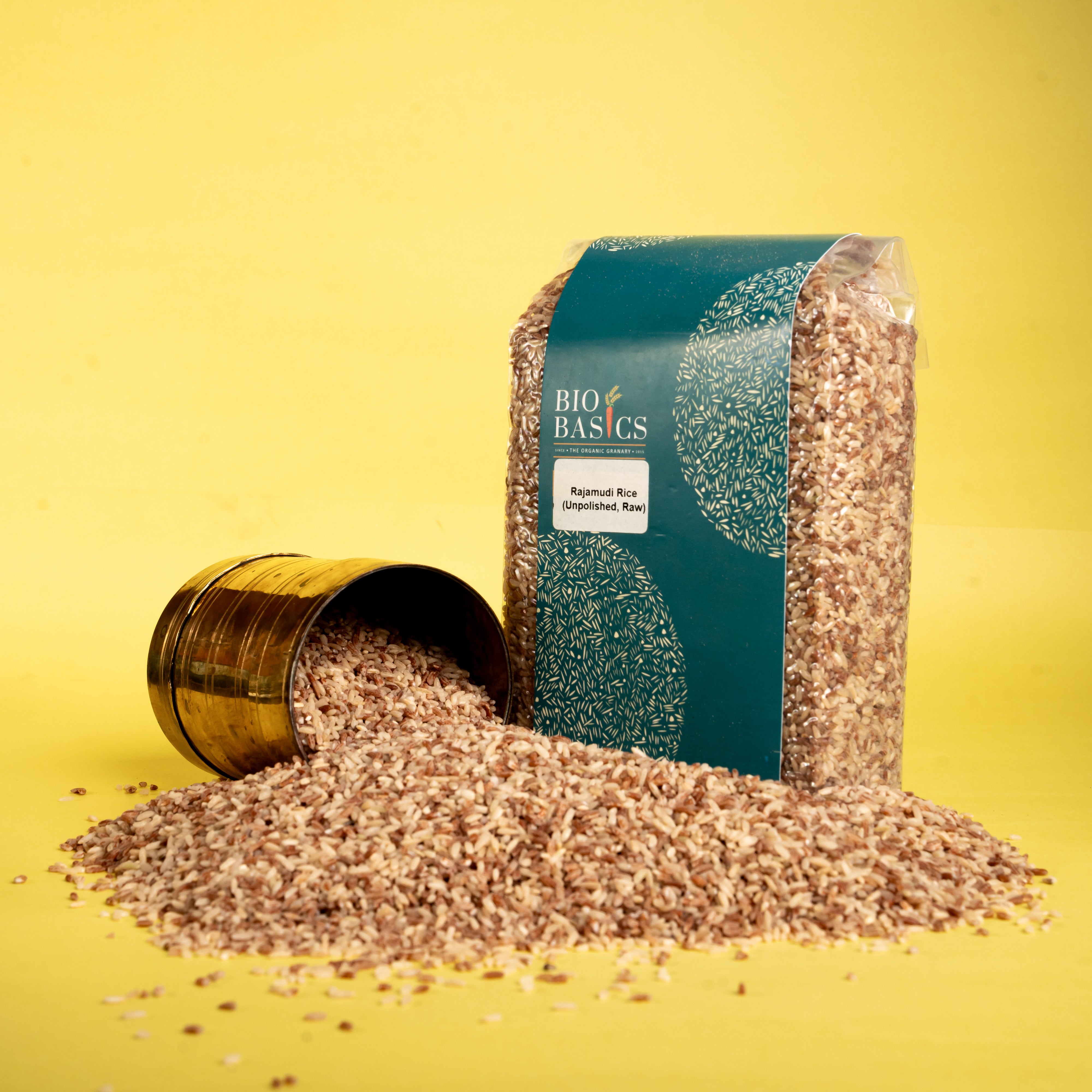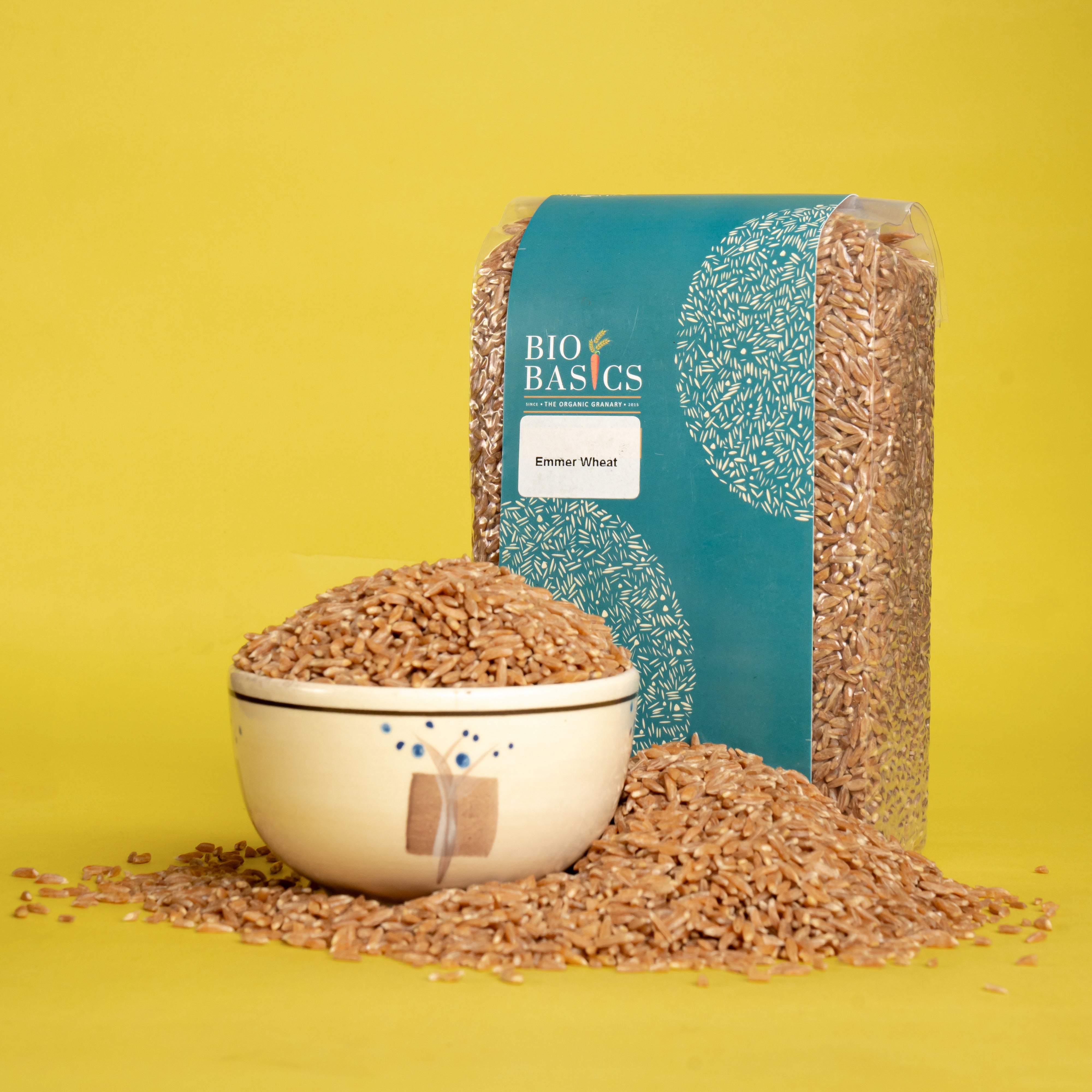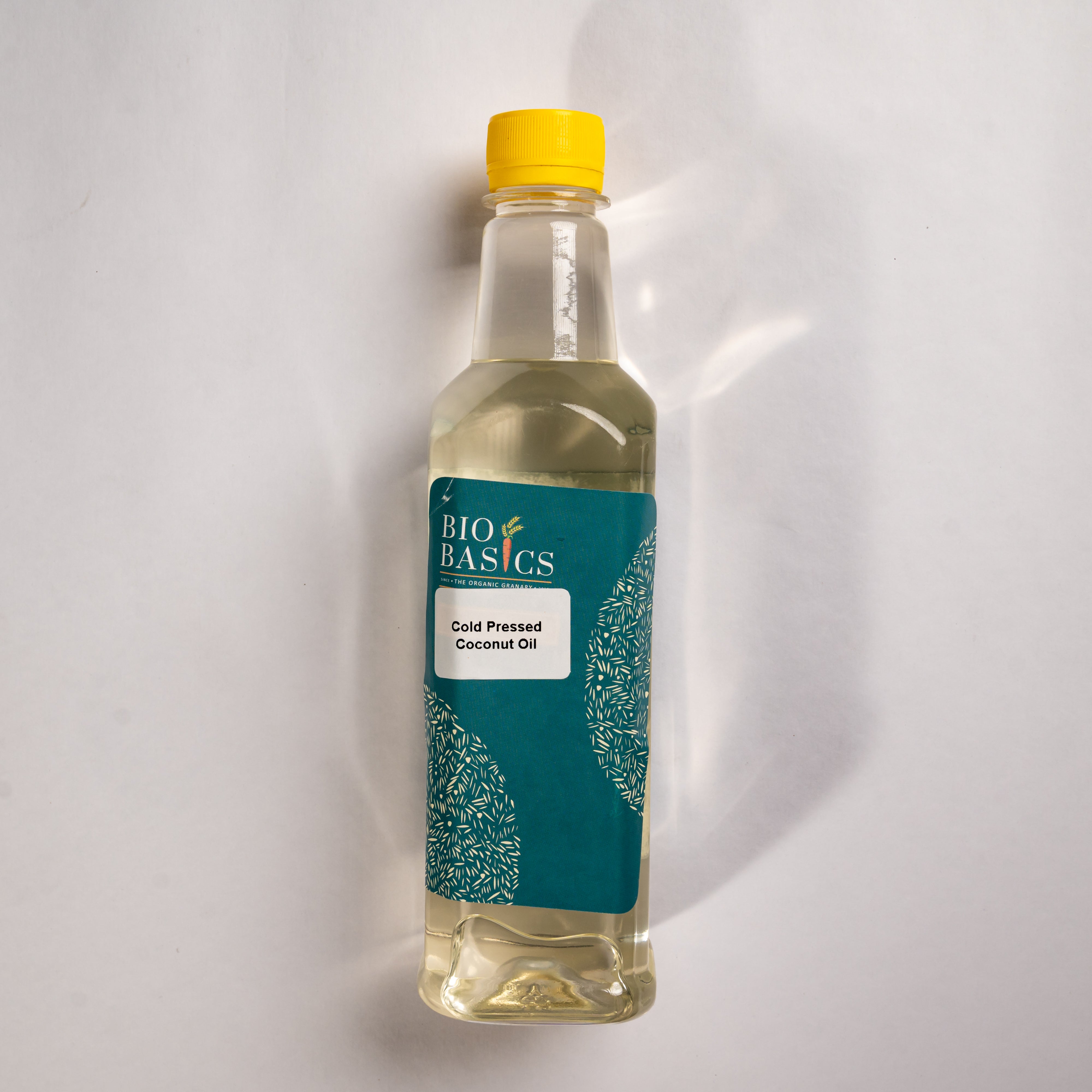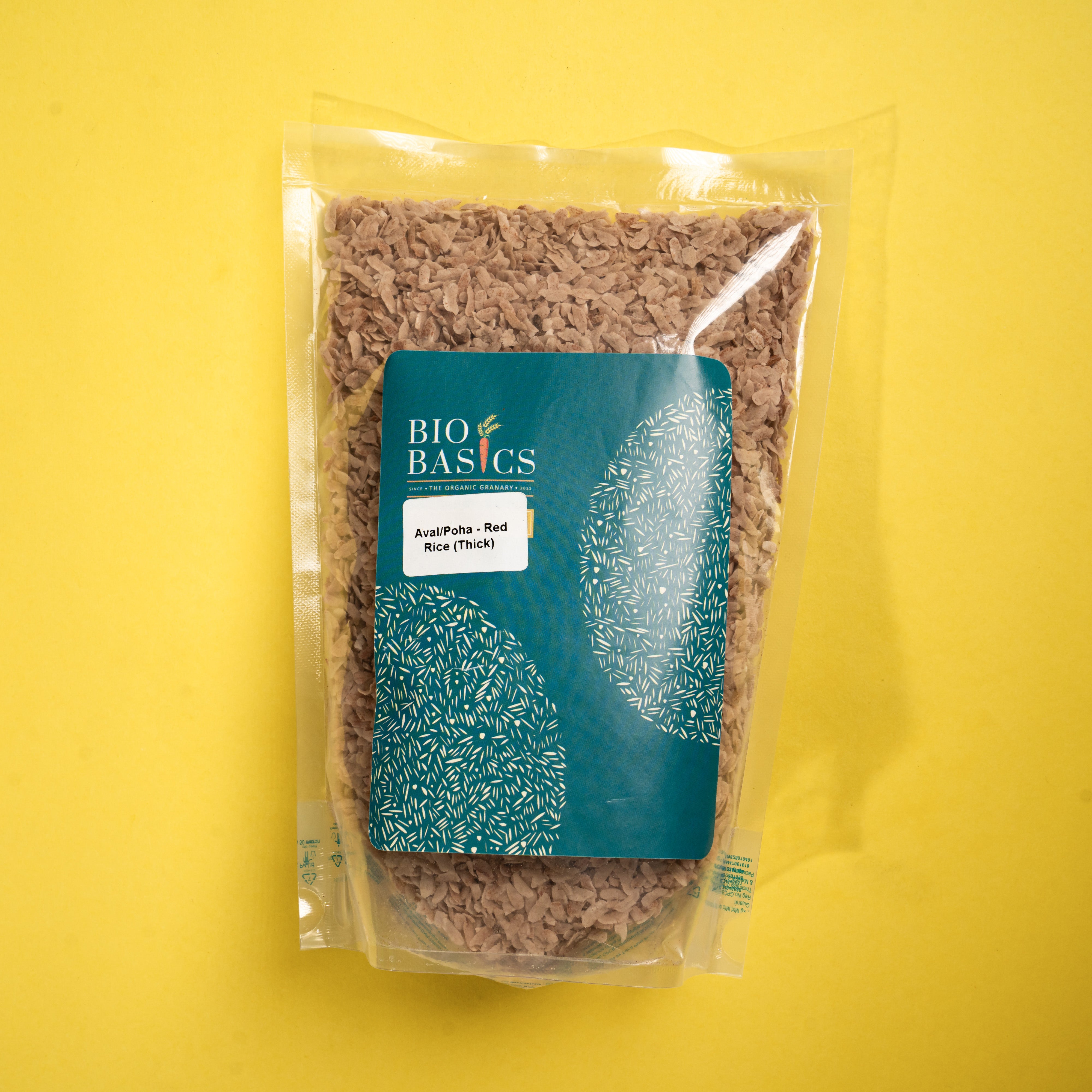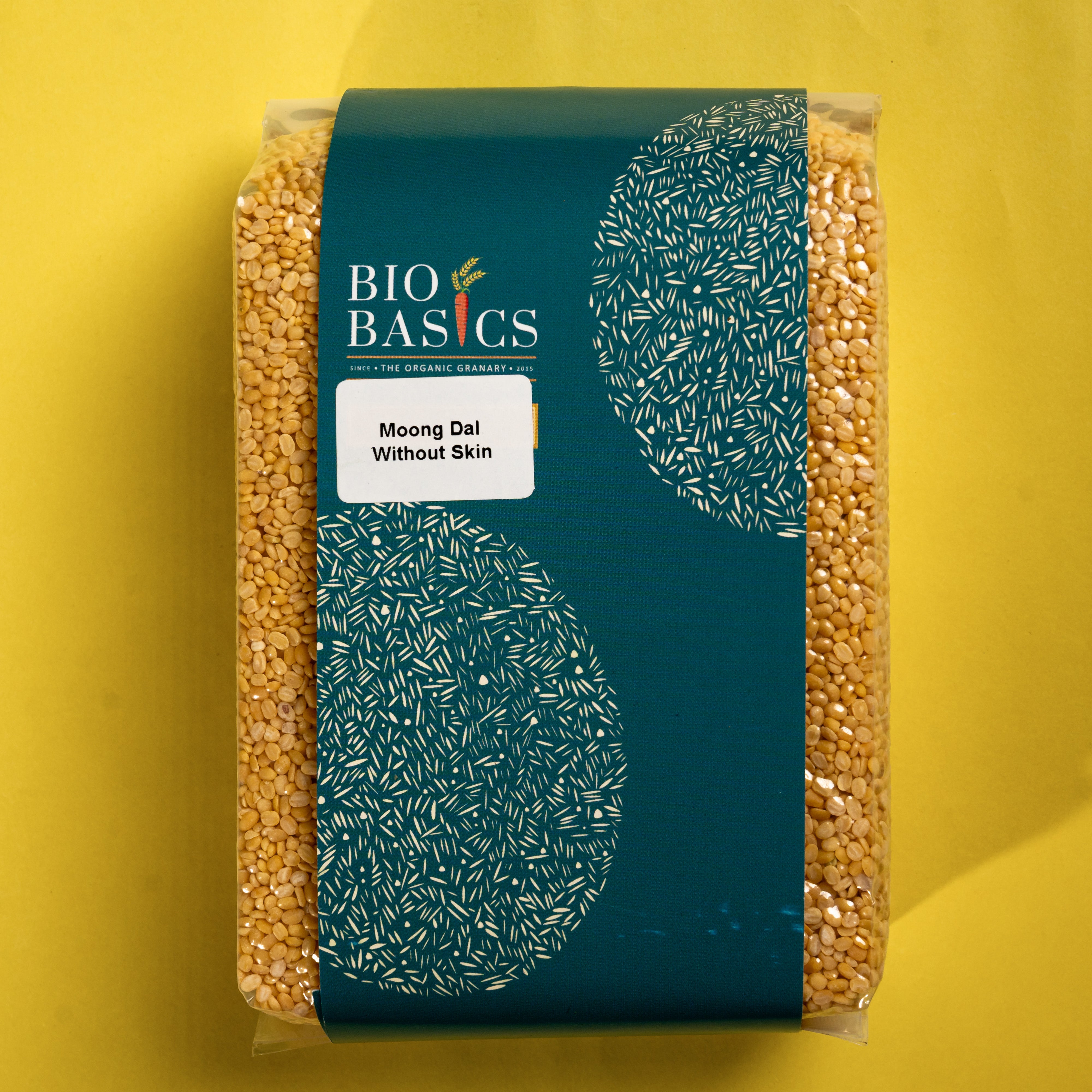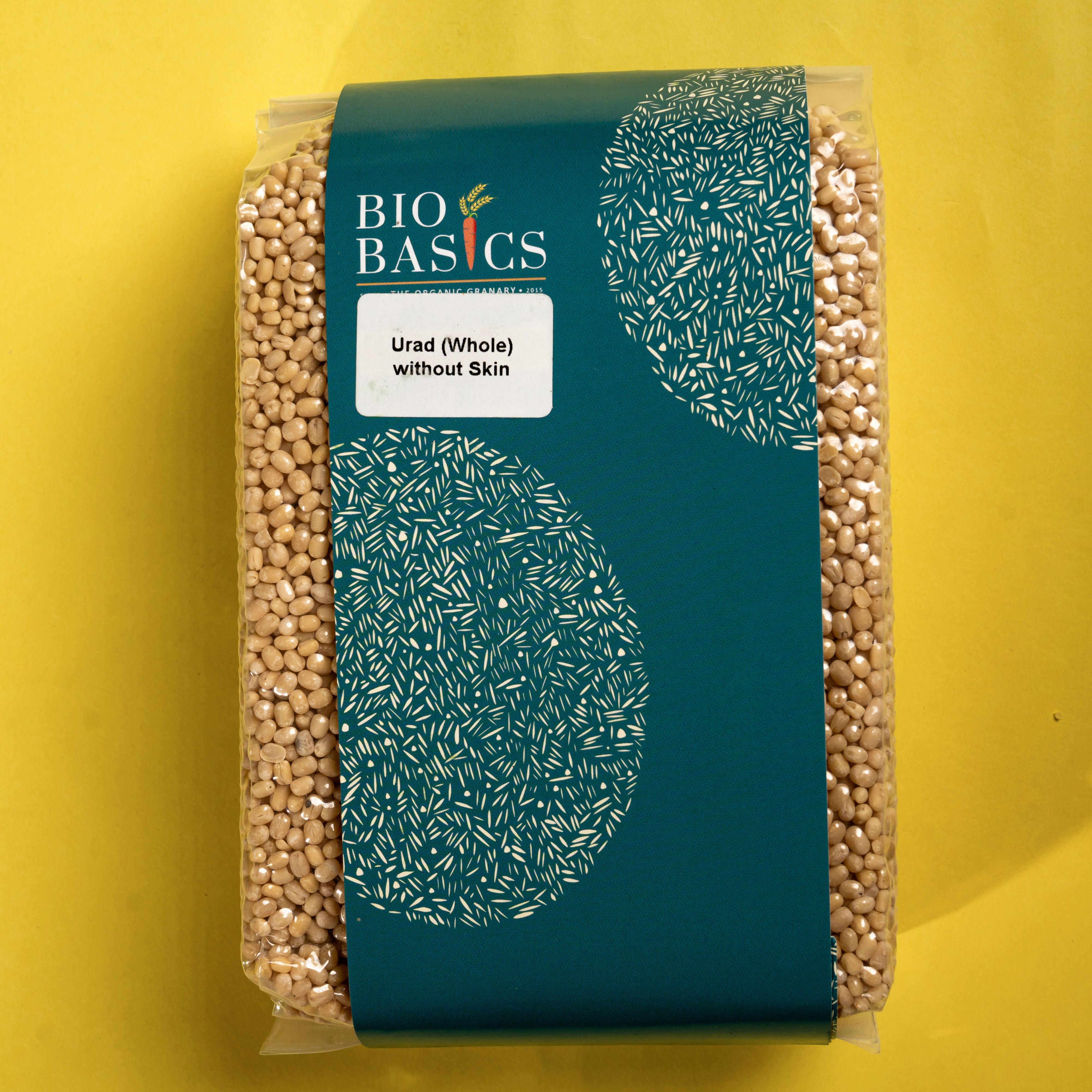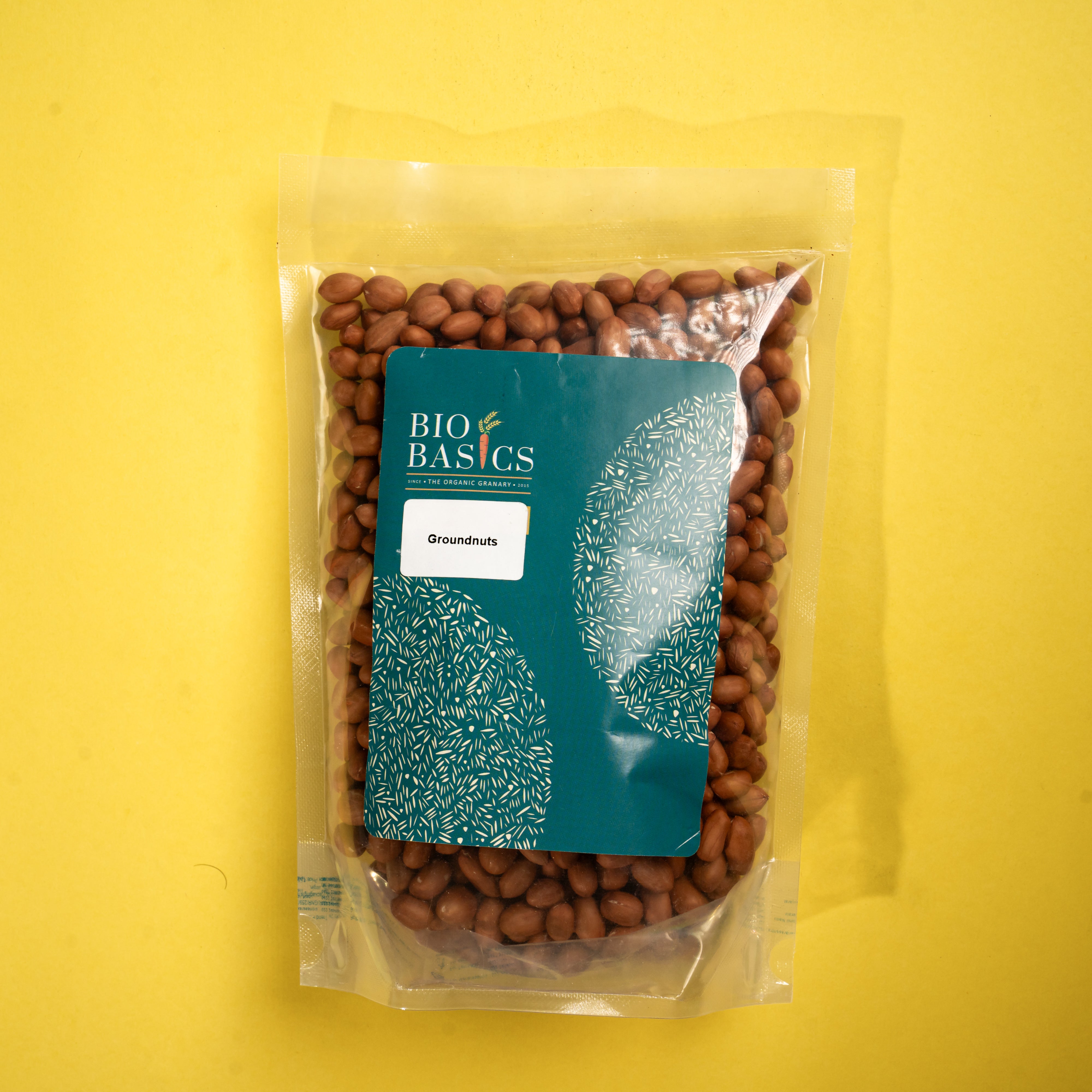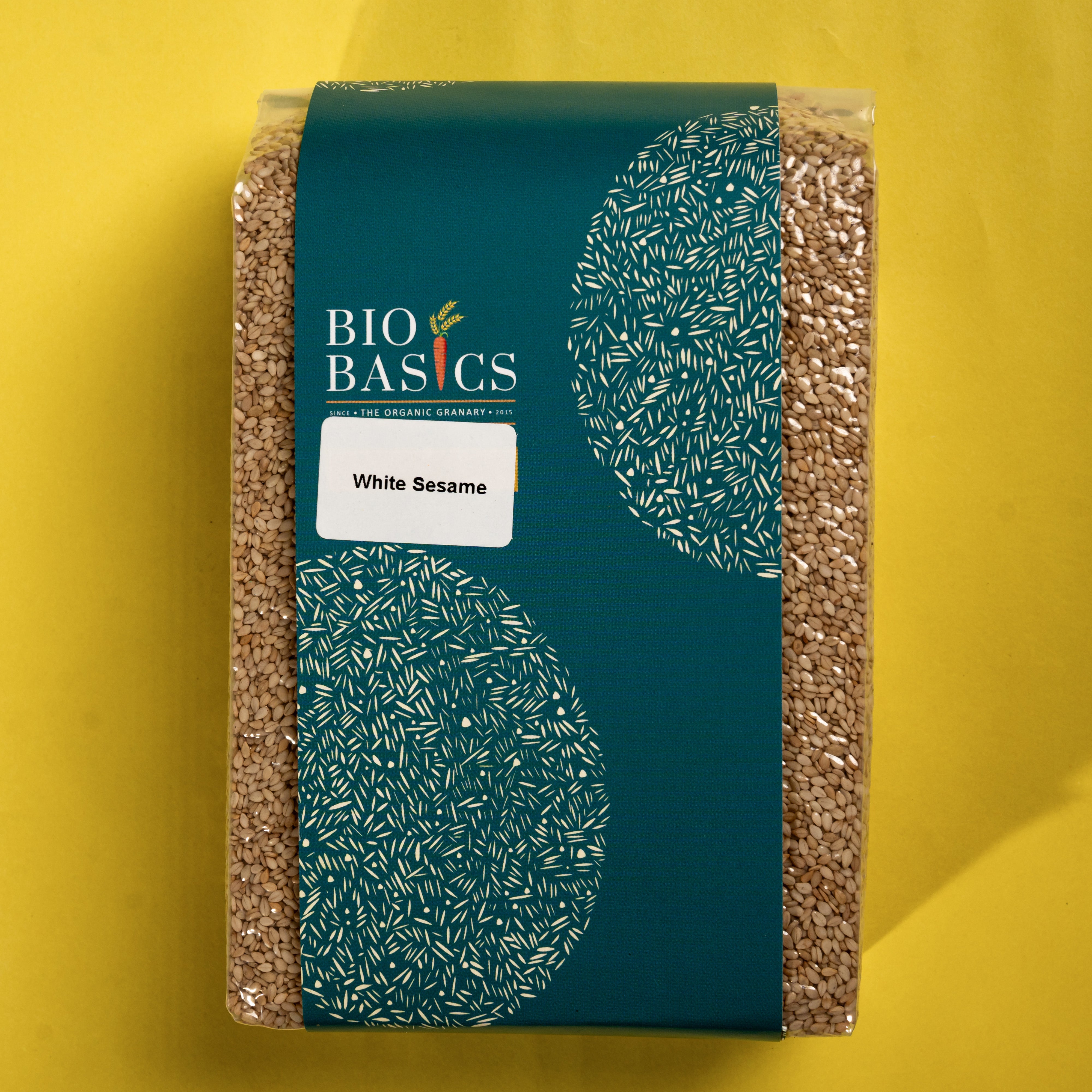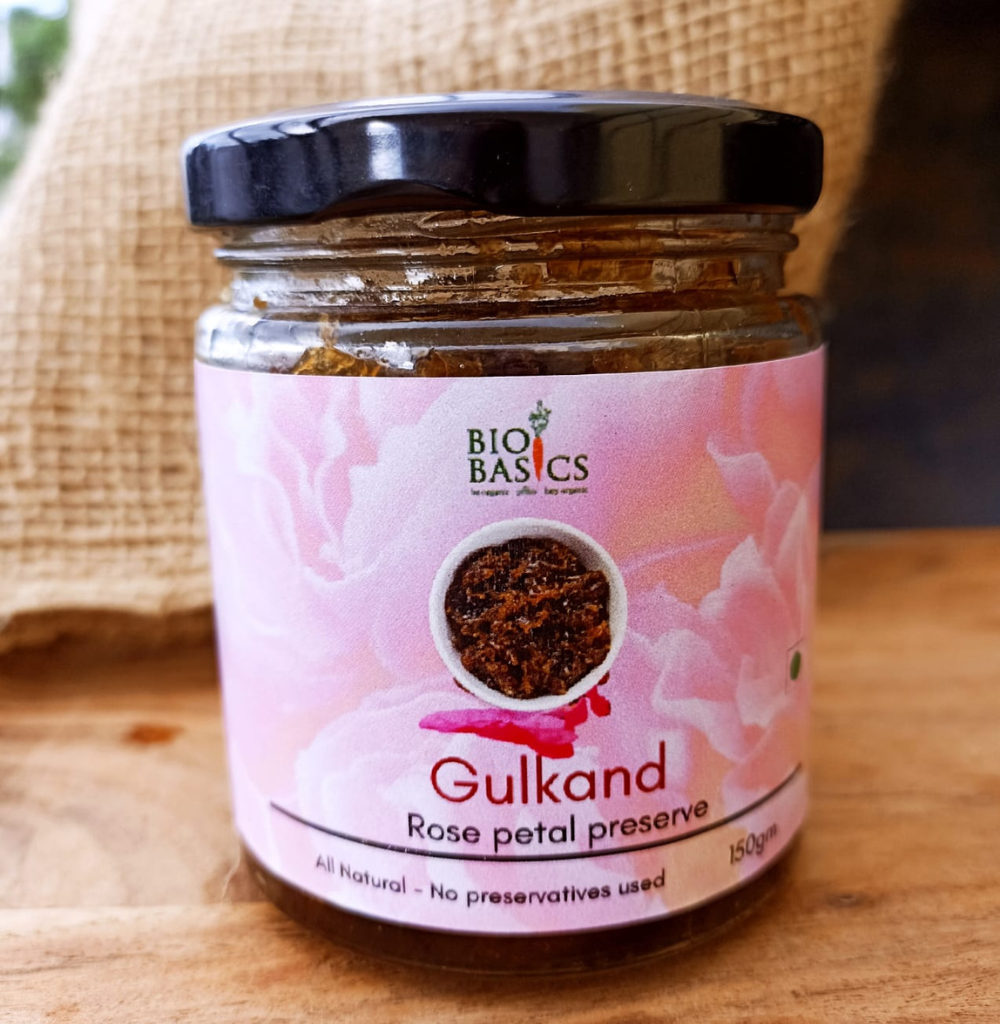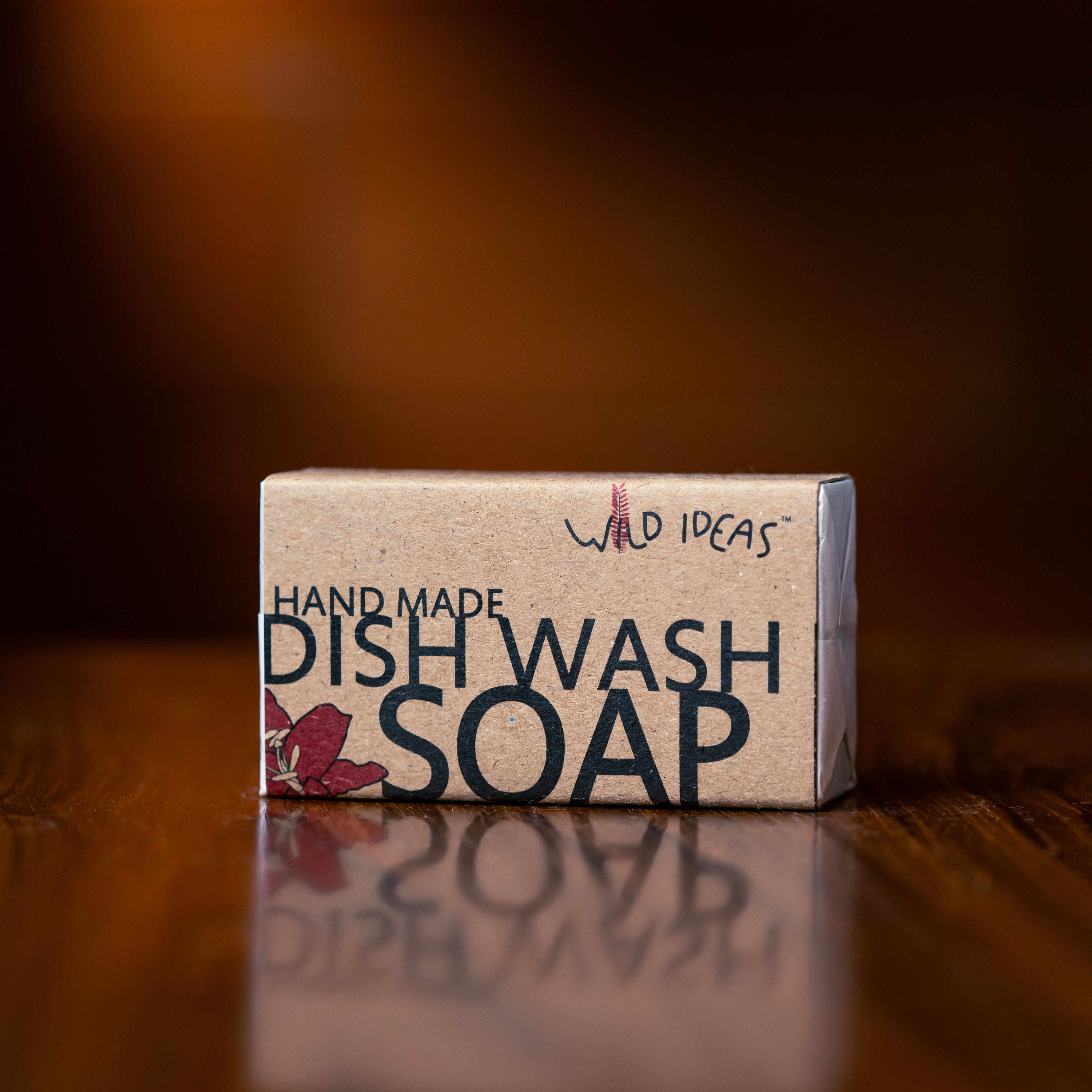Today was transplanting day at the new seed diversity block which Illias & Shamika decided to restart on their leased land. I got to be part of the big day! Illias & Shamika are personal friends & a part of the Bio Basics family - they are farmers and seed savers and a very prominent part of the organic farming movement in Kerala and national level. Bio Basics' Kuruva red rice comes from their farm!

A lot of young people were part of the day and their farmer friends including Lenish , another seed saver farmer from whom we source Rakthashali from, came to help them with the mapping and the transplanting process.

The precise science that goes into building back our diversity never ceases to amaze me. The land is divided into squares (of 1sq foot area ) and about 25 seedlings of each variety are planted by hand. There is even arithmetic to their arrangement - it is based on flowering duration and are asynchronised to avoid cross pollination. Paddy is normally self pollinated, but this extra precaution of planting short duration, medium duration and long duration will further ensure the purity of the seeds.
Since I got involved with the Save Our Rice Campaign in 2008, seed diversity is something that caught my imagination and it has become one of the cornerstones of the work I do in many spheres of my life. This year we have taken up a personal project (Through friends and our own resources) to be small contributors to six seed diversity blocks managed by committed farmers. Just to express our gratitude to the tremendous work these farmers do . Each block conserves from 40-400 varieties of rice - in Kerala, Madhya Pradesh, West Bengal.

It is critical to keep these heritage grains growing for our future generations. This is the reason at Bio Basics, we promote and curate these traditional grains. We believe in "eating our way into diversity". Because without us to eat these heritage grains, there will be no one to grow them!

The best way to partner with our farmers and seed savers is to start eating traditional grains - to feature them in our everyday meals. Only if the diversity grows in our plates, will it grow in our farms - for our future & for our children.
